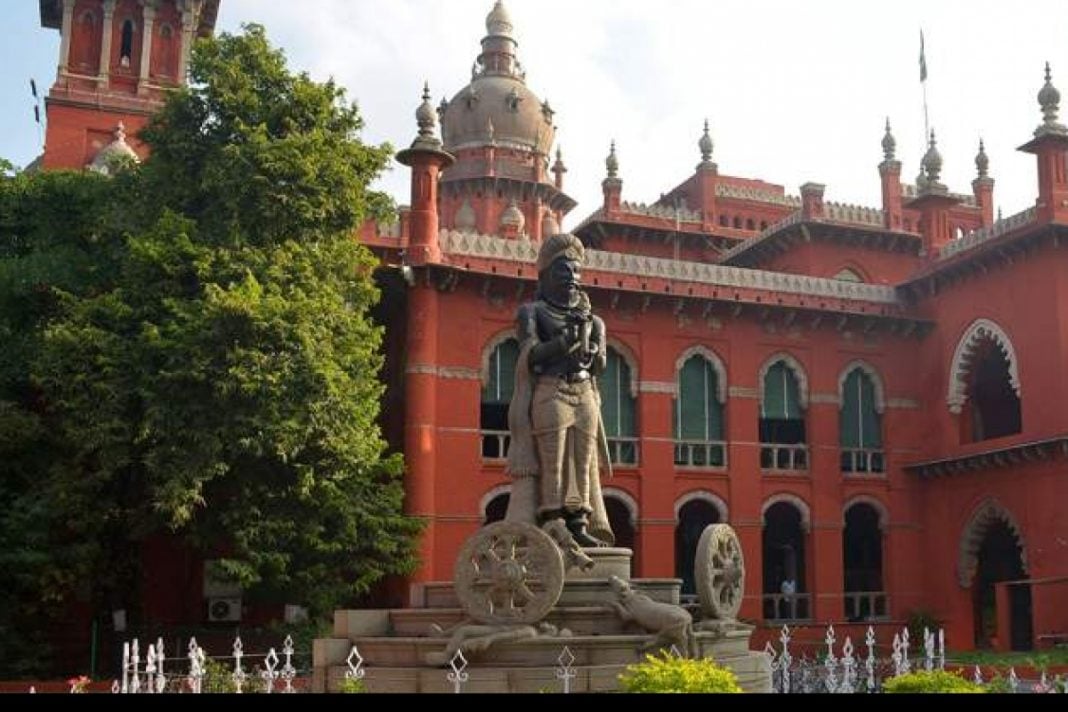The Madras High Court has directed the courts to refrain from using crowd-sourced websites such as Wikipedia in legal dispute resolution.
Setting aside an NIA Court order, which rejected the discharge plea of a man booked under the Unlawful Activities (Prevention) Act, the Division Bench of Justice M. Sundar and Justice Nirmal Kumar quoted the Supreme Court verdict in the Acer India case and Hewlett Packard case, wherein the Apex Court had cautioned against the courts using sources like Wikipedia in legal dispute resolution.
It said the Apex Court had put in a caveat and caution against use of such sources (Wikipedia) in legal dispute resolution.
The Bench noted that Acer India and Hewlett Packard/Lenovo principles made it clear that on this score, the trial court fell in error in relying on Wikipedia and therefore, the matter has to go back to the trial court to consider the matter afresh de hors Wikipedia keeping in mind the caveat put in place by the Supreme Court in Acer India as well as Hewlett Packard / Lenovo cases.
The High Court passed the order on a petition filed by one Ziyavudeen Baqavi, who was accused of browsing and sharing posts from the Facebook page of a ‘fundamentalist’ organisation.
Baqavi was booked for sedition, criminal conspiracy and promoting enmity between different groups while making statements conducive to public mischief. He was also charged under Section 13 (1)(b) of UAPA, 1967.
The accused had earlier filed a discharge petition before the Sessions Court under the NIA Act, which was rejected. He then moved the High Court.
The Division Bench agreed to the petitioner’s claim that the impugned order explicitly relied on Wikipedia to conclude the aim and objective of the entity. It further took note of the fact that the impugned order was silent with respect to the case laws cited by Baqavi and had merely brushed them aside.
It observed that the trial court should have made some discussion on how the case laws were not applicable to the present case.
Remanding the matter back to the trial court, the Division Bench directed it to look into the case laws pressed into service by the petitioner as they were renderings of the Supreme Court. The case laws had been side-stepped in one go on the grounds that the facts were different without saying how and why, noted the High Court.
It said that if a case law was distinguished on facts, there should be some discussion on how facts were different, though it can be terse or epigrammatic but in the case on hand, the impugned order was silent on this.
The High Court further said that under the Act, the identity of the witnesses had to be protected in the case. It said a careful perusal of Section 44 made it clear that all this pertained to protecting the identity of the witnesses who made the statement and had really nothing to do with supply of the statements to the accused.
The trial court should take up the matter after supplying the statement of witnesses to the appellant, it added.
(Case title: Ziyavudeen Baqavi vs Union of India)



